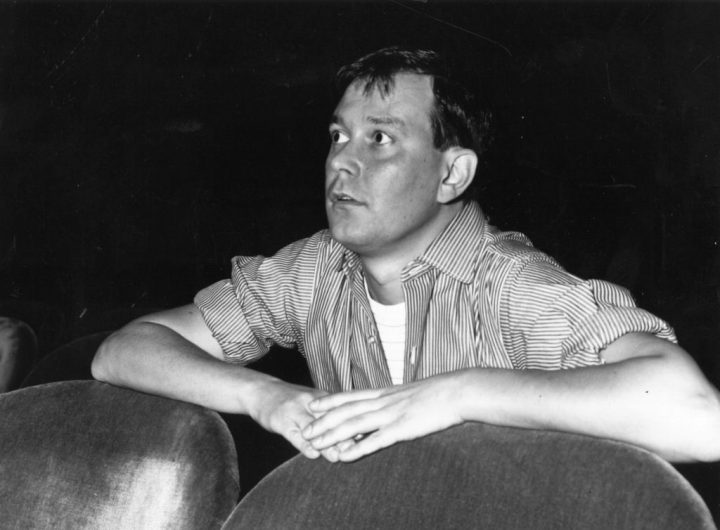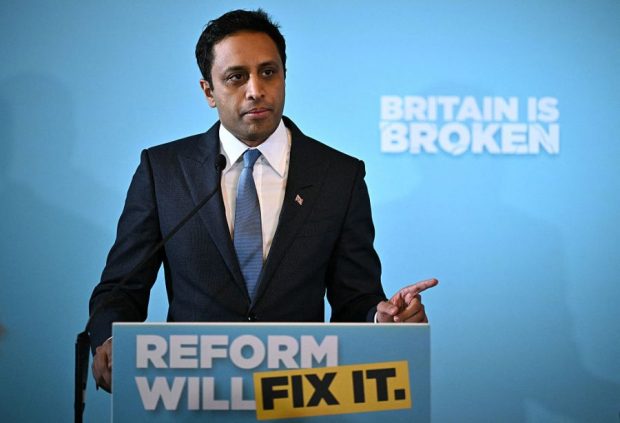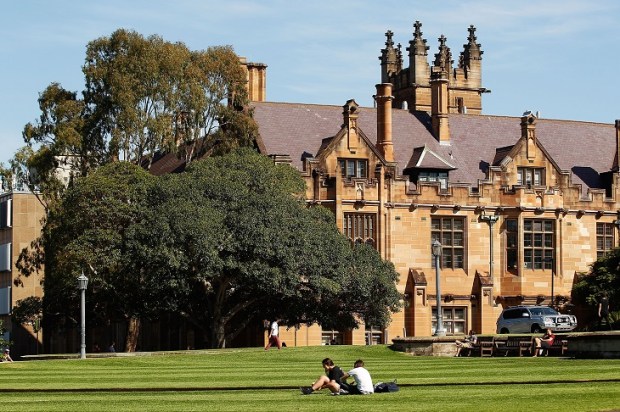The Sunday Times’s headline for the obituary of Edward Bond earlier this month was striking: ‘Briton who rose from a working class background to make an indelible mark on Theatreland.’ The month before that, the playwright Bernard Kops joined the majority, and I was interested to read in the Guardian that ‘both his father, Joel, a tailor, and his mother, Jenny were Dutch-Jewish immigrants. He was educated at Stepney Jewish primary school and, he said, “the university of the poor”, Whitechapel library, where he read voraciously and decided to become a writer, sustaining himself as a docker and barrow boy’.
The Kops obituary also mentioned his contemporary Arnold Wesker, who grew up in a council flat in Stepney. Then there was Joe Orton, who failed his 11-plus and became a theatrical sensation in the sixties – and Shelagh Delaney, a bus conductor’s daughter and another 11-plus flunker who had a massive hit with A Taste Of Honey in 1958.
There appears to be a growing absence of the working class in public life all round
Writing in UnHerd, Professor Selina Todd claimed that ‘if she started writing it today, Shelagh Delaney’s finest play would probably never be performed. In many ways the arts have become more elitist since the fifties, and she had no influential contacts in the theatrical world.’ The 1980s plays of my favourite English playwright, Doug Lucie (the son of a milkman) are never performed now. That includes the very finest one, Progress, in which he – with eerie prescience – ‘dissected and ridiculed the human impulses behind identity politics and shone a light on the hypocrisy of many who spouted progressive ideals while behaving in a conventionally reactionary way’ to put it in his own recent words.
It’s a weird anomaly of our allegedly egalitarian age that all the fun, easy, well-paid jobs which once provided an escape route for bright, non-academic working class kids – acting and pop music and modelling – have been colonised by the expensively-educated. The cultural scene all round is far posher now than it was in what we think of as the socially conservative 1950s. But because of my profession – I have had my dream job from the age of 17 to my current age of 64 – I find it especially sad that working class writers appear to be less visible than they were. They have literally been silenced.
A young woman called Yasmin Neal wrote two years ago: ‘The latest report from the NCTJ shows journalism’s class gap is getting worse. In 2021, 75 per cent of journalists had a parent in one of the three highest occupational groups, a key indicator of class. Now, in 2022, this has jumped to 80 per cent, compared to 42 per cent of the overall population. Perhaps most soberingly, the newest intake of reporters is less diverse around class than their senior colleagues.’
An interesting piece by William Deresiewicz in Persuasion this month pointed out:
Journalism used to be a working class profession…in the last few decades, journalists have turned into a very different kind of animal…now they grow up not only having little contact with ordinary people, but amidst the class of experts. Their parents – and their friends’ parents and their parents’ friends – are doctors, lawyers, bankers, executives, policy professionals, professors: people who work with abstractions and symbols, not things. They learn to see the world from the point of view of experts, to have faith in expertise, to speak its language and accept its values. Their epistemology is top-down: they start with ideas and come to tangibilities, to concrete facts, only later, through their lens…outlets should go back to hiring people from beyond the elite, but that would mean paying them more, and financial margins in the industry are slender as it is.
Like showbusiness (the American director D.W. Griffith wrote to his wife in 1908: ‘In a way it’s very nice but we can’t go on forever not telling our friends and family how we are earning a living’), journalism was once not attractive to ‘respectable’ people. But it’s now a highly-coveted ‘glamour job’ which only those who can afford to work for nothing can generally afford to enter. This has brought us the scourge of hereditary journalists such as Flora Gill – daughter of the dead monkey-killing hack A.A. – who at the age of 27 announced that she was chatelaine of a £3 million apartment in Kensington belonging to her family: ‘I have a library, a garden square and a wine cellar.’
It’s interesting that those rare women of working class origin who have a voice in journalism have in recent years gathered around the banner of Terfdom, sensing as we do that demanding more of a media voice for trans women is in fact an elaborate way of awarding even more media jobs to middle class men.
It’s not just journalism, of course. There appears to be a growing absence of the working class in public life all round. Our captured institutions reflect this; no more money for people who do useful jobs, but endless funds for diversity officers and nightlife czars who probably went to uni with someone well connected. Being working class itself seems an anomaly in a society which encourages malingering and ‘working from home’ – the latter often just a middle class version of the former. It’s so uncool to sweep the streets and stack the supermarket shelves, why can’t they just get themselves a side-hustle rather than waste their lives working for The System? (Good job they don’t, or society would be a starving swamp within a couple of months.)
But nowhere should the absence of the working class concern us as much as in the arena of politics. I’m convinced that the ceaseless amazement of the media at the behaviour of politicians as diverse as Lee Anderson and Angela Rayner is simply the reaction of media people who have rarely met compatriots from outside their own class (even less since they got their stingy paws on Polish builders and Latvian nannies). They are simply astonished by the outrageous way we oiks carry on, coming out and saying what we mean instead of straining it through several layers of sophistry.
The party that came along in the first year of the twentieth century to represent the workers was called Labour because that was all they could ever hope to do. From Keir Hardie to Keir Starmer we have seen that even those born without privilege, as Starmer was, have to remodel themselves in a middle class mode before they can hope to lead the party with the old-fashioned name.
At the heart of the matter, I believe that if the working class were visible, they would remind the liberal bourgeoisie that their success is built on the opportunity-robbing of contemporaries just as able as themselves. This is what might well be contributing to the recent favouring of identity politics over class politics. It’s easy to champion minorities, because there aren’t very many of them but in order for the working class to be given their due, millions of untalented middle class liberals – in the media more than many other professions – would have to lose what they take for granted.
I know it’s immature, but I’m approaching the stage where I sometimes think I’d vote for almost any political leader of working class origin (though naturally not if they were sexist/racist/raving bonkers) which is, I understand, unreasonable. But then ‘sensible’ people also act like it’s bad to vote for a single issue party (such as the new Party of Women founded by Kellie-Jay Keen, a woman of working class origin) while ignoring the fact that the main parties are single issue parties. The single issue they care about is their class – the management class – keeping power away from the rest of us naughty, irresponsible upstarts, lest we do something outrageous like Brexit again. But surely the common people couldn’t mess things up anymore than those born to rule have? Let’s hear it for the oiks!




















